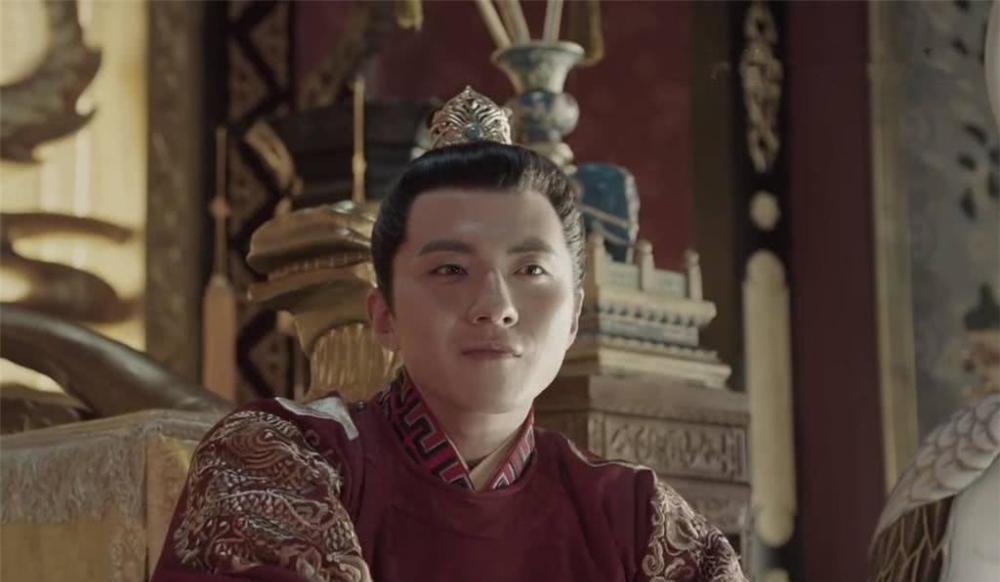It's an unsolved case, and even history doesn't know where he went.
In the records of the Ming Dynasty, there are two versions, one is to die in the palace, and the other is to escape.
In fact, at first everyone thought he was dead. After Zhu Di entered Nanjing, he ordered people to search the palace and found a corpse wearing a dragon robe and a crown. After Zhu Di saw it, he pretended to say, Silly child, why is this so!

Then, Zhu Di paid homage to the Temple of Taizu and ascended the throne as emperor. After Zhu Di ascended the throne, he also held a funeral for Emperor Jianwen, which was to reassure the people of the world.
At the same time, Zhu Di changed the Ming Shilu to a different place. Saying that Zhu Yuanzhang reprimanded Emperor Jianwen many times before his death, and admired Zhu Di, before dying, he still wanted Zhu Di to take the throne, and Emperor Jianwen blocked the palace and did not allow him to come. Zhu Di came to mourn, and Emperor Jianwen did not allow it.
However, it is said that even these details have been changed, whether they are dead or not, the death of Emperor Jianwen should be settled, after all, others have no right to speak.
However, in many places in the history of the Ming Dynasty, the whereabouts of Emperor Jianwen are unknown, and Hu Yingchuan also said that he had a nose and an eye.
This shows that Zhu Di felt that Emperor Jianwen was not dead, and that he was vaguely a threat to him.
If Emperor Jianwen did not die, but Zhu Di was at ease, then in the history books, the record of Emperor Jianwen must be dead; if Zhu Di was uneasy, even if Emperor Jianwen really died, then there would be clues in the history books.
Therefore, the reason why Emperor Jianwen's "whereabouts are unknown" is mainly because Zhu Di felt that his whereabouts were unknown.
Therefore, the "Biography of Hu Ying in the Ming Dynasty" clearly records that Hu Ying, at the behest of Zhu Di, made two nationwide visits and inspections for more than 10 years, and in the process of inspection, he learned about the people's livelihood and reported to the imperial court.
The History of the Ming Dynasty also records that Zheng He also went to the West to find Emperor Jianwen.
Therefore, in the wild history legend, it appeared that Emperor Jianwen went to a certain place in Jiangxi to become a monk, and Zhu Di died decades later, and only when he was dying did he disclose his identity to posterity; Emperor Jianwen went to a certain place in Fujian to travel, happy and happy, and so on.
But Hu Ying's search for Emperor Jianwen should be true, because Hu Ying had no other merit, but when he returned from the visit, he rose step by step, serving as The Rebbe Shangshu and Hubu Shangshu, until he was 89 years old and died of illness.
So, is there a result of Hu Ying's visit? Yes, in the twenty-first year of Yongle, Zhu Di was on his way back to conquer the Mongols, and Hu Ying hurried to Xuanfu to see Zhu Di. Zhu Di had already gone to sleep, but he still received Hu Ying, and the two talked about sijing. Since then, Hu Ying has not gone out again.
This record indicates several pieces of information, one of which is that Hu Ying felt that this matter was very important, so he went to Xuanfu overnight to report it; second, Zhu Di also felt that this matter was very important, because he received Hu Ying overnight; these two points confirmed from the side that Hu Ying's search was to find Emperor Jianwen.
This record also shows that there should be a result in this matter, because Hu Ying did not go out later.
However, this incident does not prove whether Emperor Jianwen died in Nanjing or fled. Perhaps, some people who write history books just want this result.
The real Jianwen Emperor may have died in Nanjing, but it was Zhu Di who usurped the throne and was uneasy in his heart.